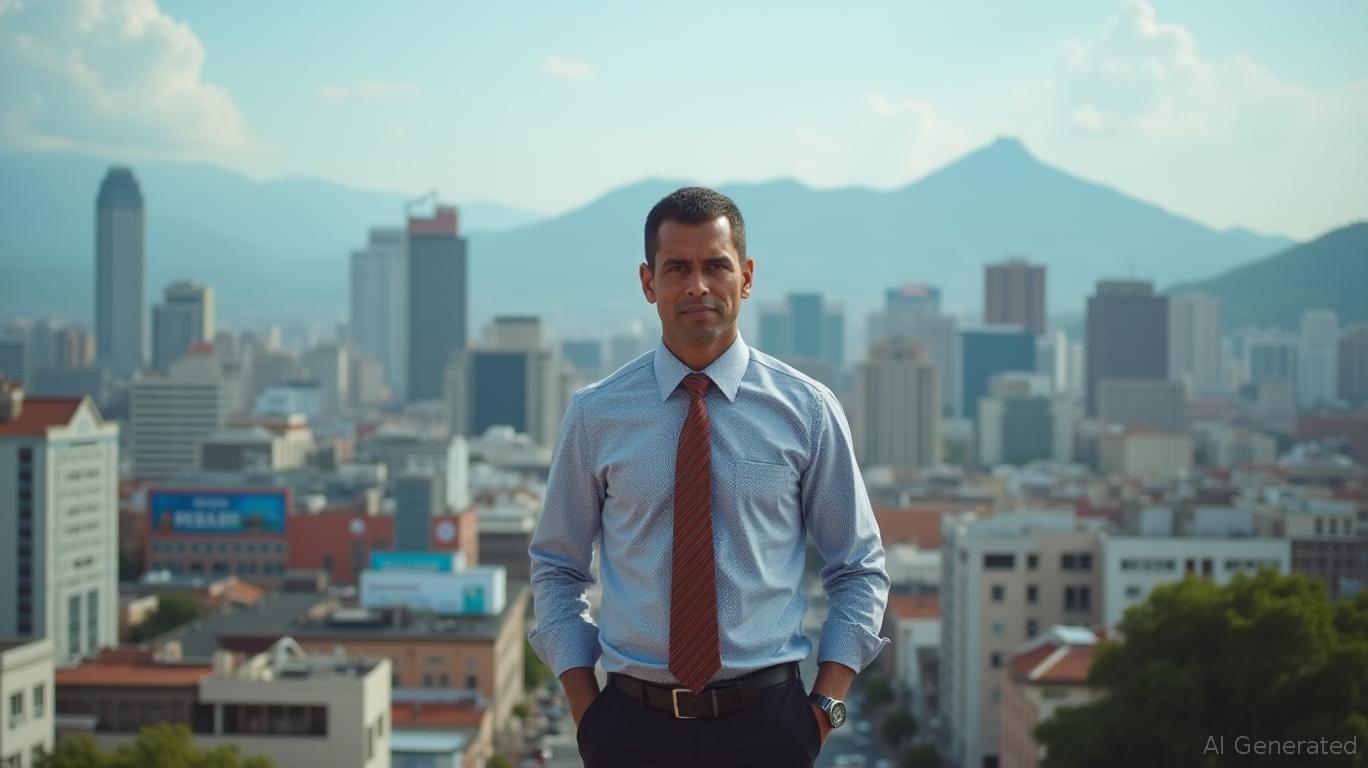El Salvador has confirmed a new Bitcoin purchase of $948,392, challenging claims by the International Monetary Fund (IMF) that the country has not acquired additional cryptocurrency. The government announced the acquisition of 8 BTC at an average price of $118,549 per coin, bringing its total reported holdings to 6,248 BTC, valued at approximately $740 million. The purchase, detailed on July 24 by the Bitcoin Office, has intensified scrutiny over transparency, as the IMF contends that internal wallet transfers are being mischaracterized as fresh acquisitions. This dispute underscores broader tensions between El Salvador’s digital asset strategy and international financial oversight [1].
The IMF’s criticism centers on the country’s reporting mechanisms, with officials arguing that shifting Bitcoin between government-controlled wallets creates the illusion of growth without increasing total reserves. John Dennehy, founder of the Bitcoin education project My First Bitcoin, echoed these concerns, calling recent transactions “misleading” and emphasizing that transfers do not reflect new accumulation. The Salvadoran government has yet to publicly address these allegations but continues to emphasize its broader Bitcoin agenda, including expanding educational programs to train citizens in cryptocurrency use [2].
To support its adoption goals, El Salvador has launched initiatives such as Node Nation for high school students, the Bitcoin Diploma program, and CUBO+, a platform engaging young tech talent. Over 80,000 civil servants are also undergoing training under the ESIAP program. These efforts aim to build a workforce and populace equipped to navigate a digital financial landscape, reinforcing the government’s vision of positioning the country as a crypto innovation hub. However, critics warn that rapid adoption without robust safeguards could heighten financial instability, particularly in a nation with limited fiscal flexibility [3].
The IMF’s mixed stance reflects a balance between acknowledging El Salvador’s compliance with fiscal program limits and cautioning against overreliance on volatile assets. While the Fund has not explicitly condemned the Bitcoin strategy, it has stressed the need for transparent reserve reporting and risk management. This conditional support highlights the global skepticism surrounding crypto as a reserve asset, especially in developing economies. For El Salvador, the path forward hinges on addressing transparency concerns while advancing its educational and adoption initiatives [4].
As the government presses ahead with Bitcoin purchases and education efforts, the interplay between domestic execution and international regulatory scrutiny will shape its digital financial ecosystem. The outcome may influence broader debates on cryptocurrency’s role in national economies and the feasibility of decentralized assets as strategic reserves.
Sources:
[1] [El Salvador Reports New Bitcoin Purchase Amid IMF Doubts and Expands National Bitcoin Education Programs](https://en.coinotag.com/el-salvador-reports-new-bitcoin-purchase-amid-imf-doubts-and-expands-national-bitcoin-education-programs/)
[2] [IMF Endorses El Salvador’s Bitcoin Reserve Plans](https://m.economictimes.com/crypto-news-today-live-24-jul-2025/liveblog/122865756.cms)
[3] [El Salvador Plans Bitcoin Buys Despite IMF Concerns](https://www.kulipa.xyz/blog)
[4] [IMF says El Salvador’s Bitcoin accumulation remains within programme limits](https://www.intellinews.com/mexico/)

